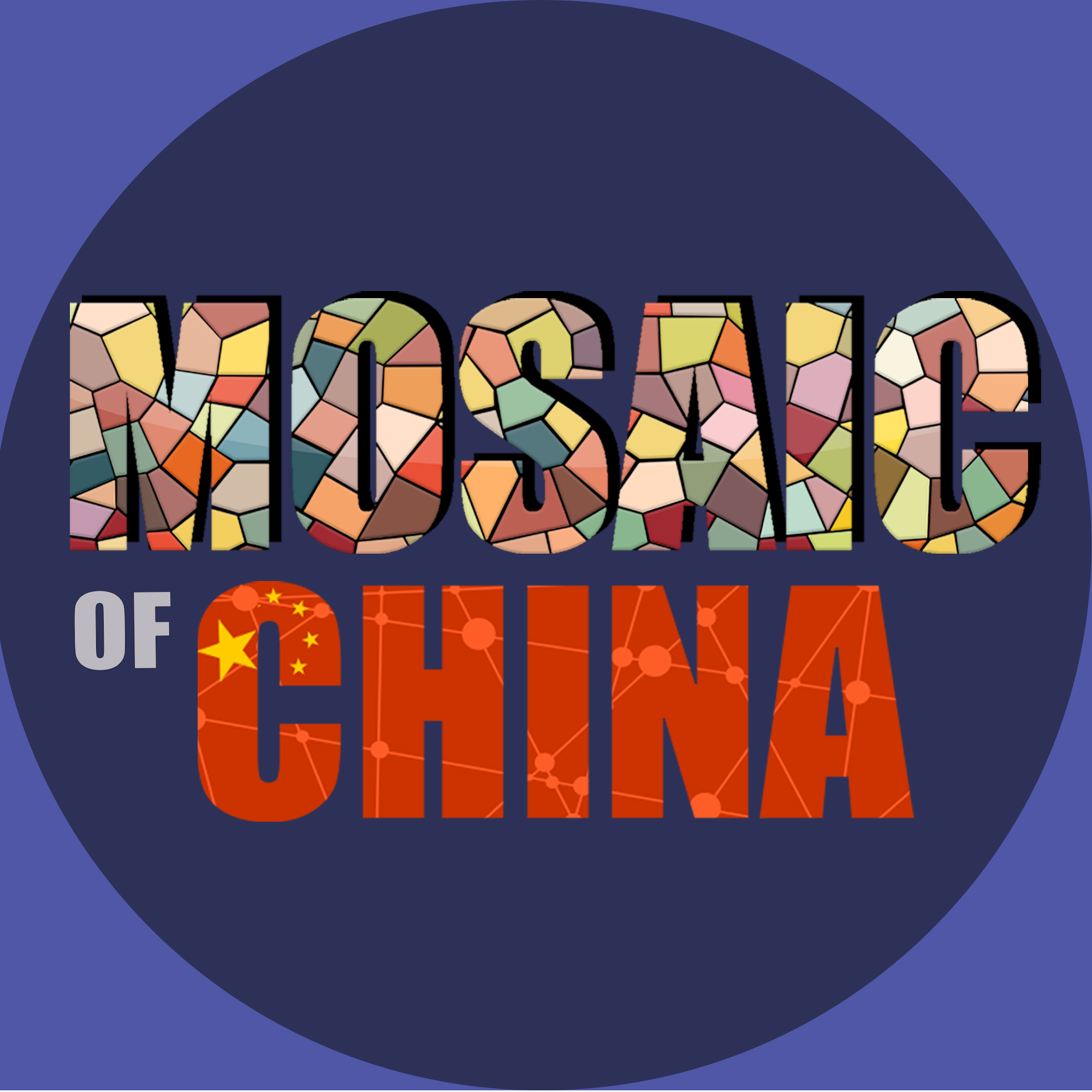Season 03 Episode 08
The details below are for the REGULAR version of this episode. For the PREMIUM version, subscribe on Apple Podcasts, Patreon (outside China) or 爱发电 (in China).
Episode 08: The Film Director
Elaine HUANG - Filmmaker, '24 Flavors'
Original Date of Release: 01 Nov 2022.
The economic developments of the last three decades in China have propelled forward an entire generation. But when we strive for opportunity and prosperity, are we prepared for the knock-on effects on the people around us? Looking back at this era, how can we understand the human stories hiding in the profit charts?
Elaine Huang is making an independent feature film which explores exactly these themes. In today’s episode, Elaine describes her experiences working in the film industry in China, and in so doing reveals a deeply personal family story of riches, rupture and redemption.
The episode also includes catch-up interviews with Björn DAHLMAN from Season 02 Episode 17, and Maple ZUO from Season 01 Episode 02.
Season 03 is supported by Shanghai Daily - the China news site; Rosetta Stone - the language learning company; naked Retreats - the luxury resorts company; SmartShanghai - the listings and classifieds app; and JustPod - the podcast production company.
To Join the Conversation and Follow The Graphics…
View the Instagram Story Highlight, the LinkedIn Post or the Facebook Album for this episode. Alternatively, follow Mosaic of China on WeChat.
To view the images below on a mobile device, rotate to landscape orientation to see the full image descriptions.
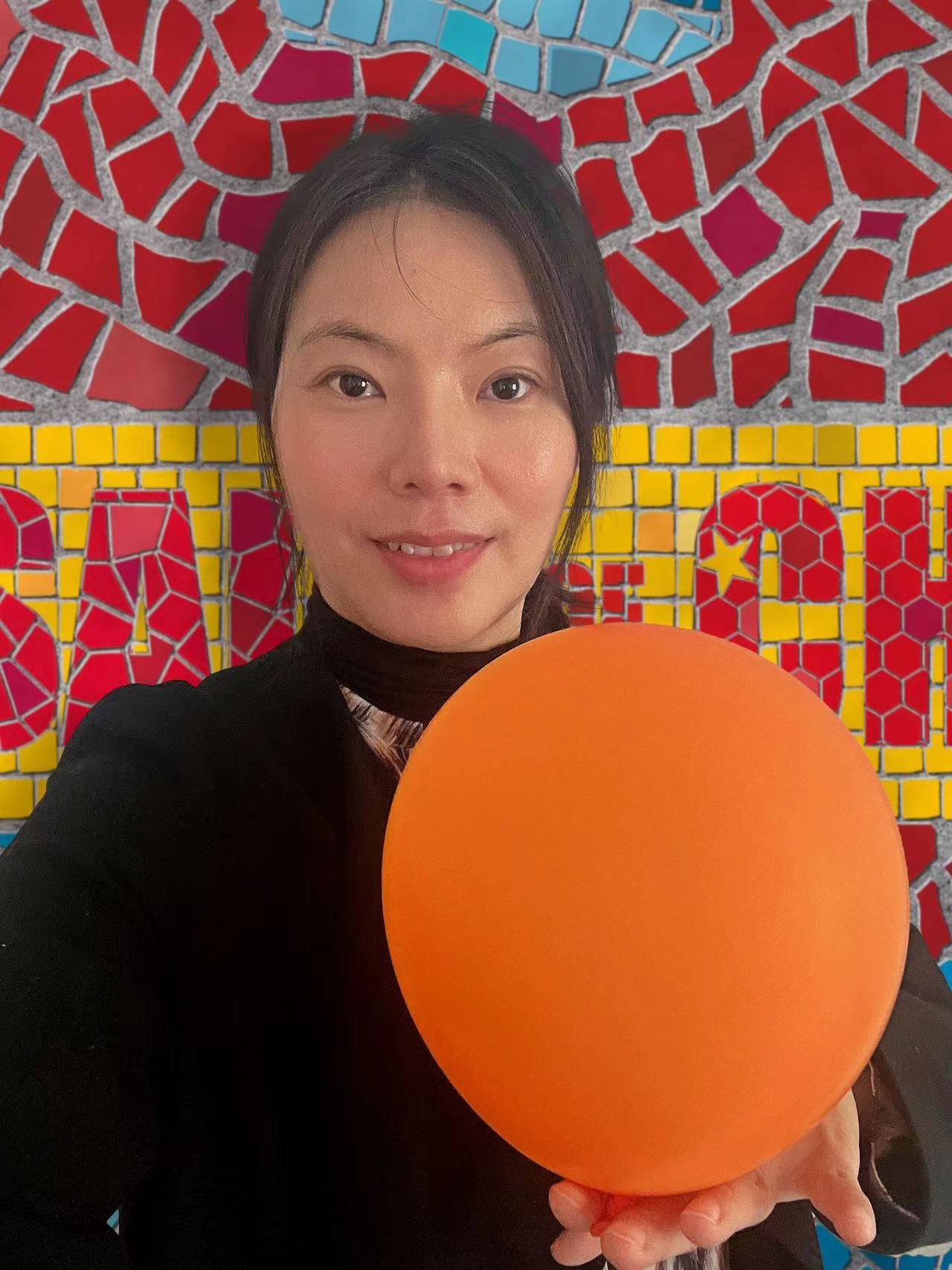
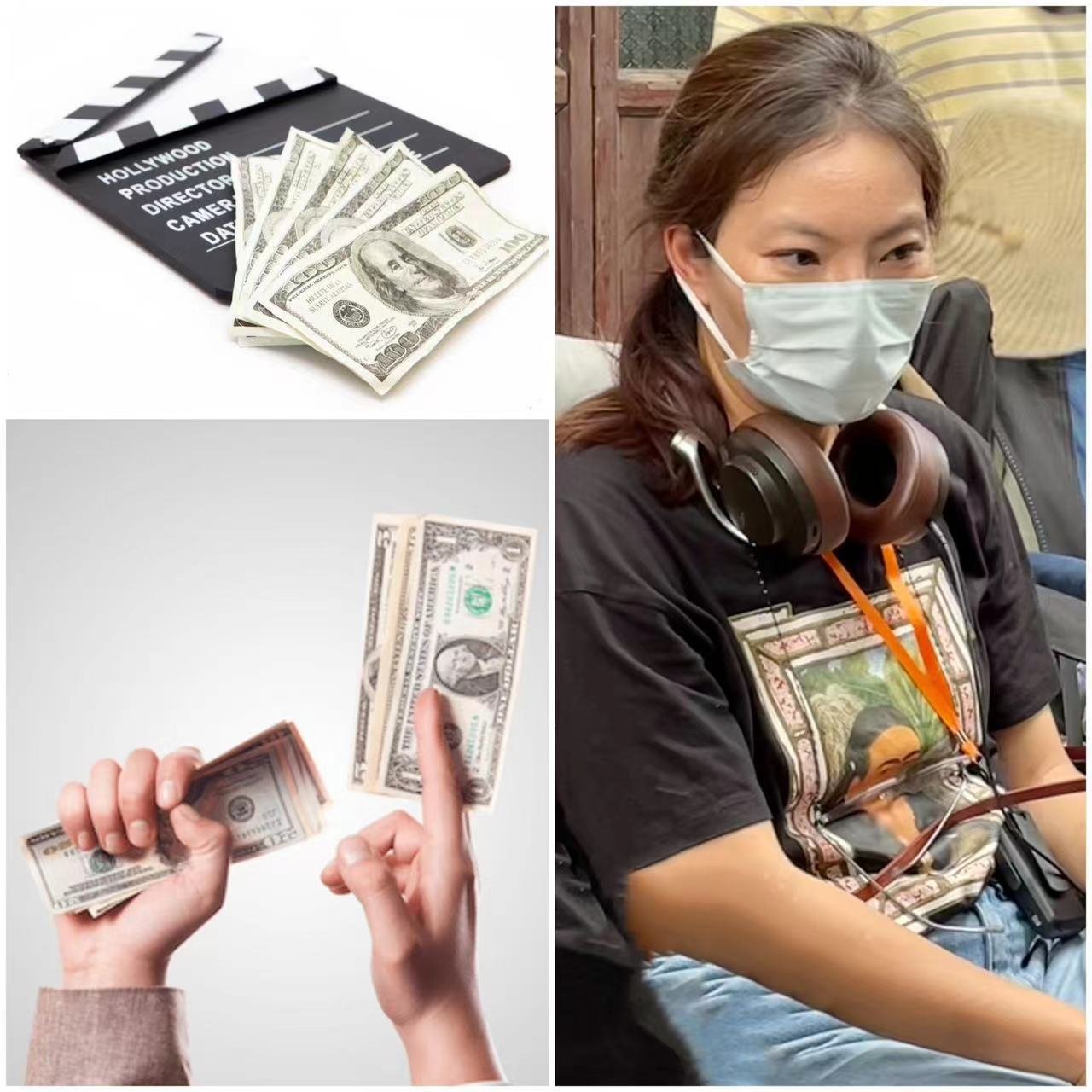
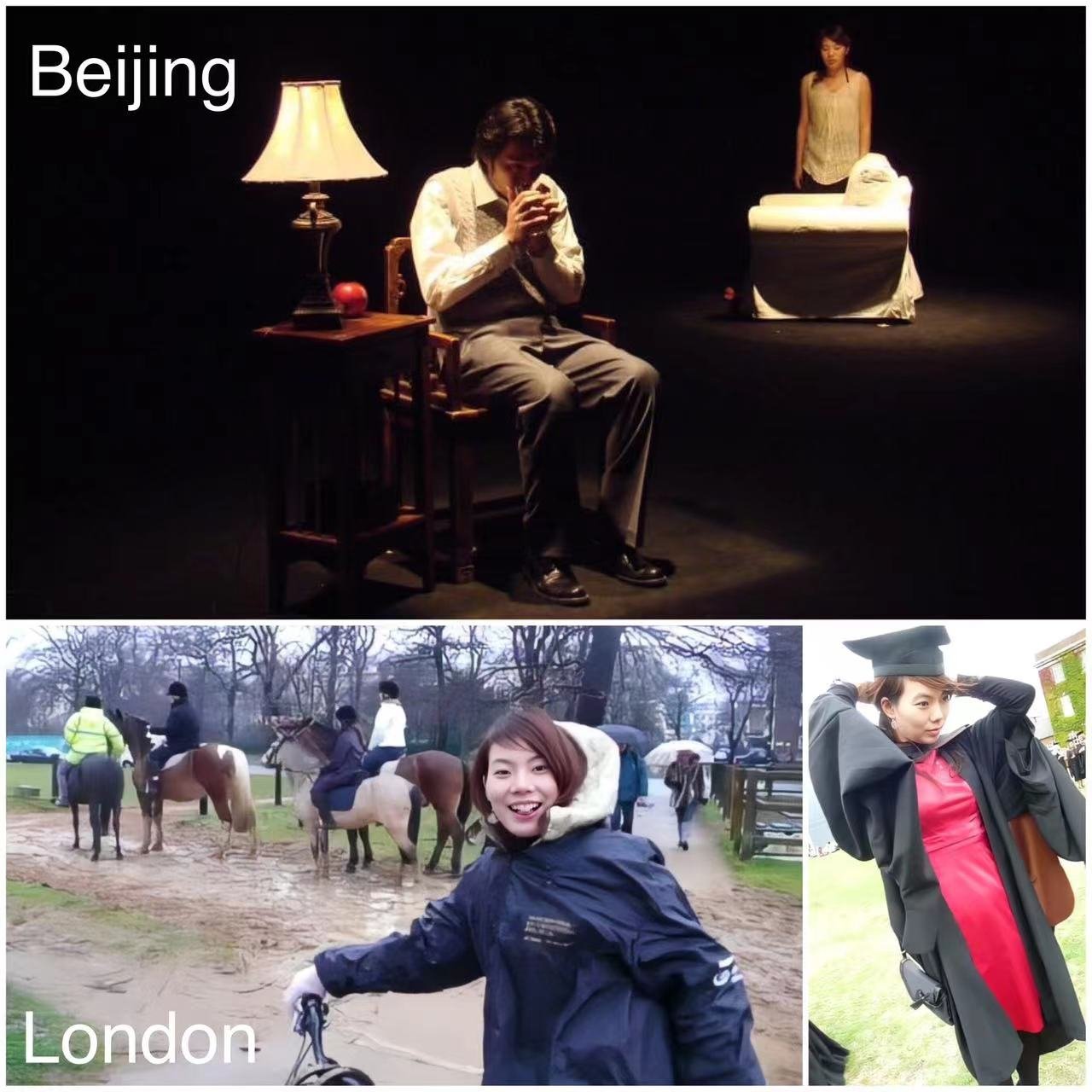
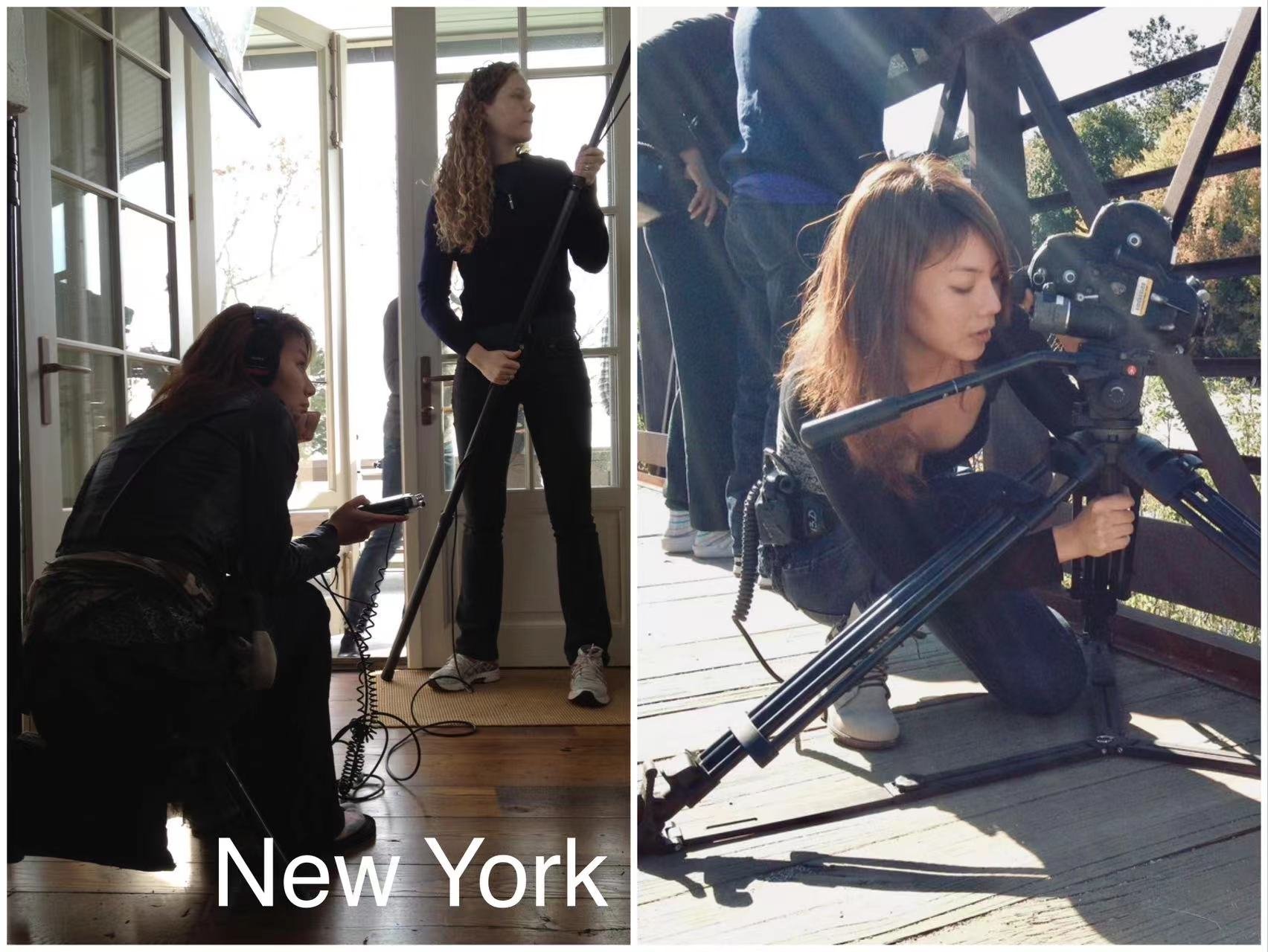
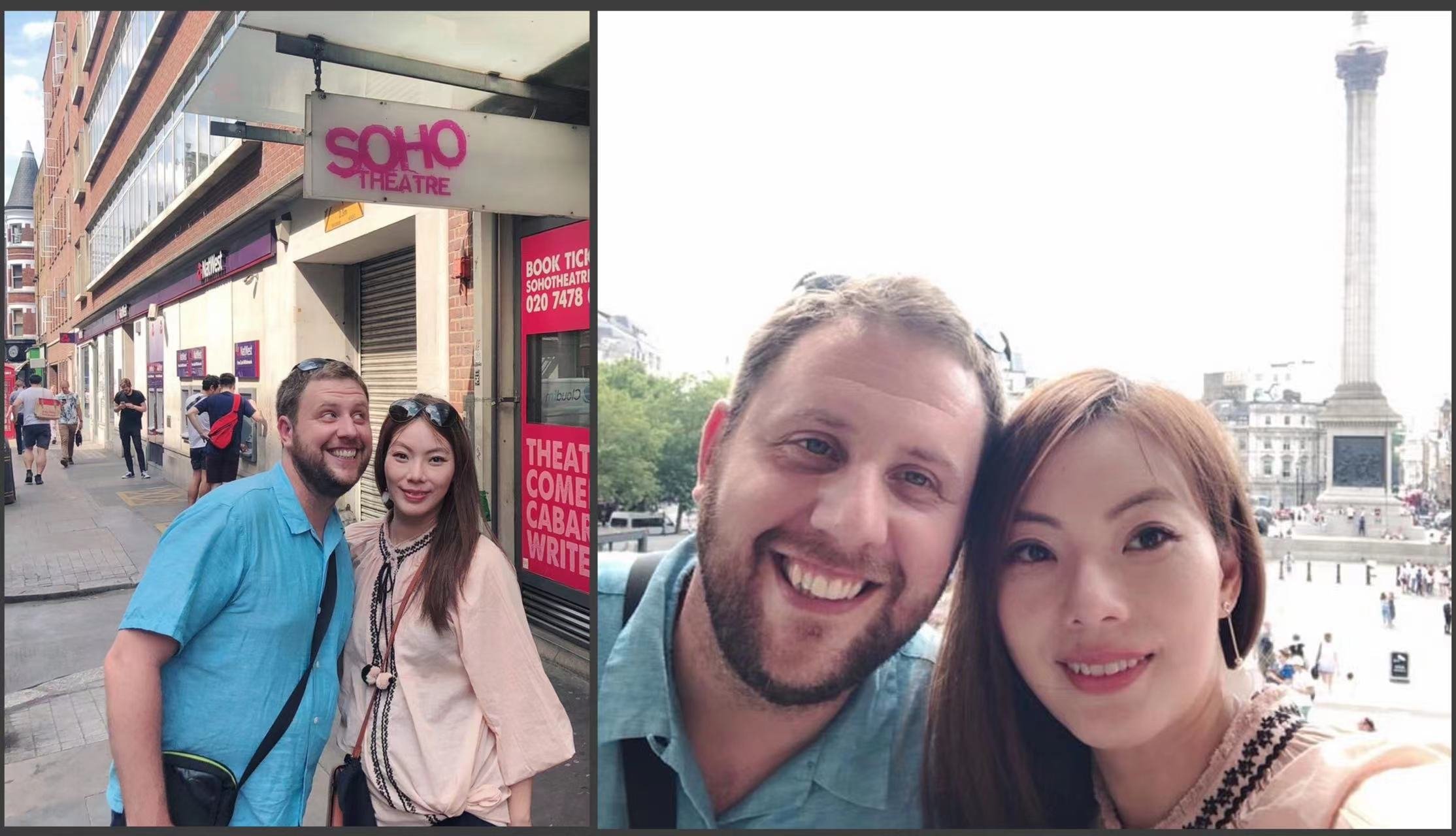
![Elaine Huang: The backdrop to her film is 广州 [Guǎngzhōu] in the 1980s.](https://images.squarespace-cdn.com/content/v1/5d40122274f3720001d9543b/1666426539707-LCVZQCIW8S9IA8BVGAT5/CN+11337+s03e08+Elaine+HUANG+D+General+Episode+Image.jpg)
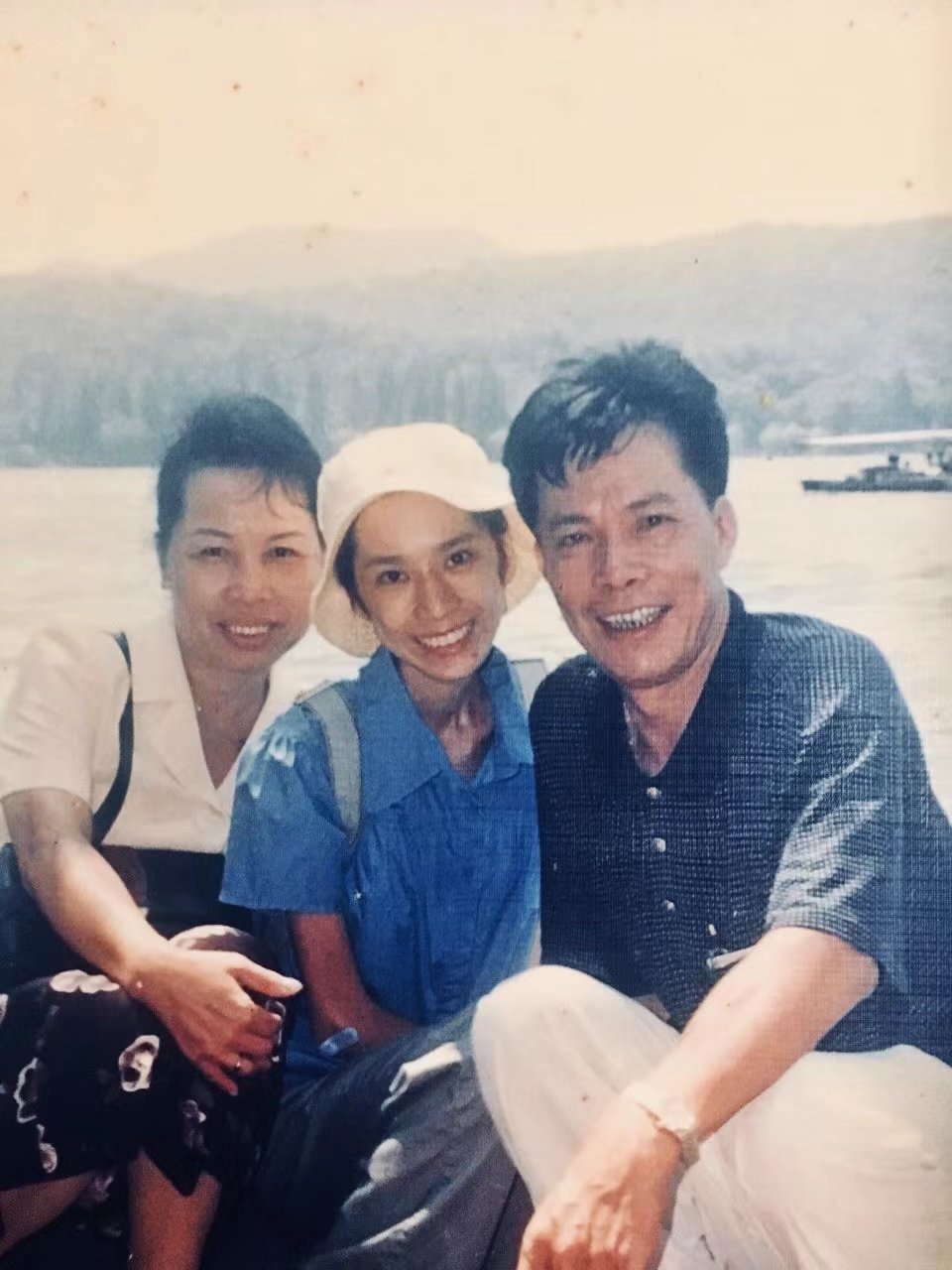
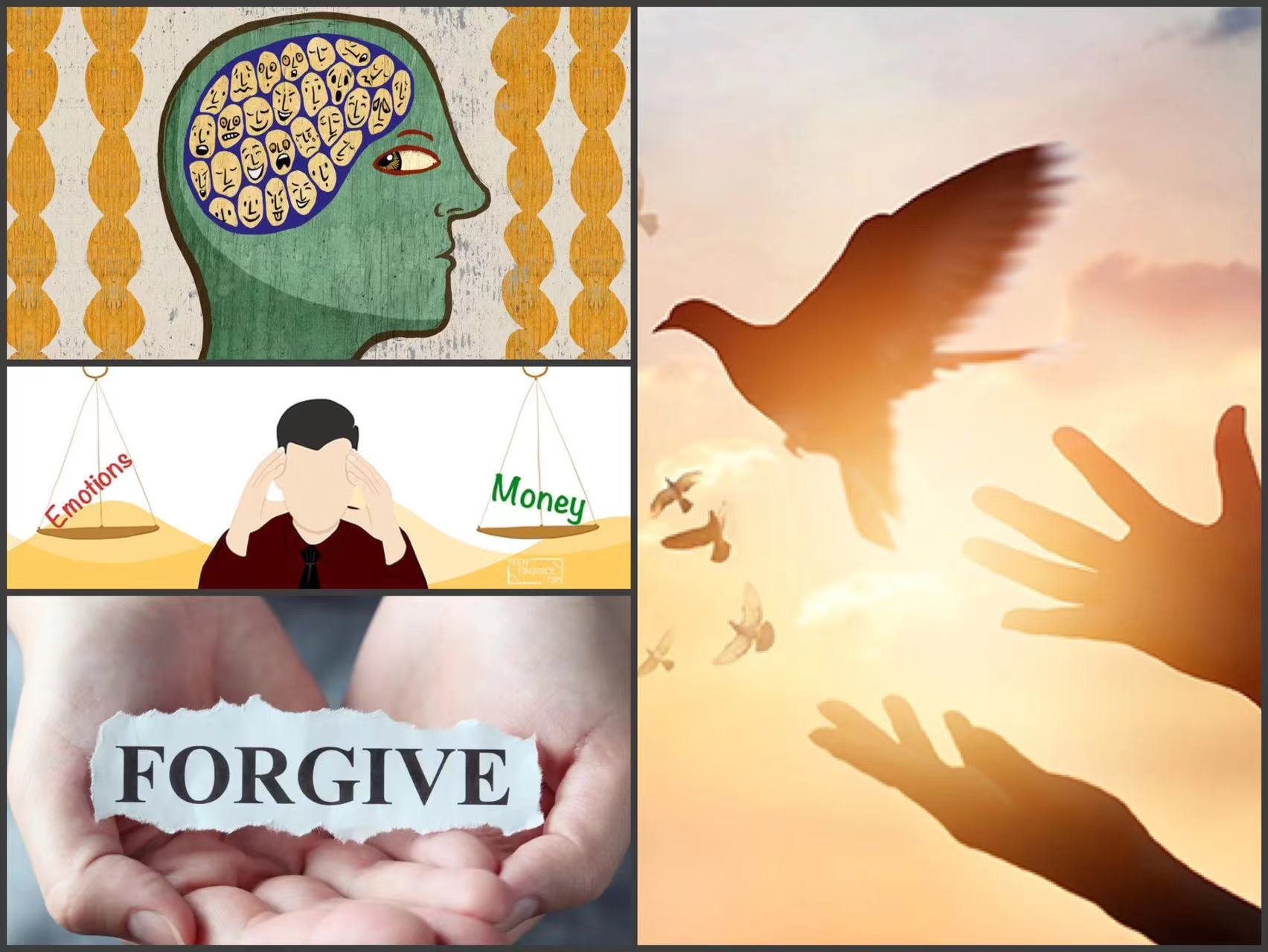
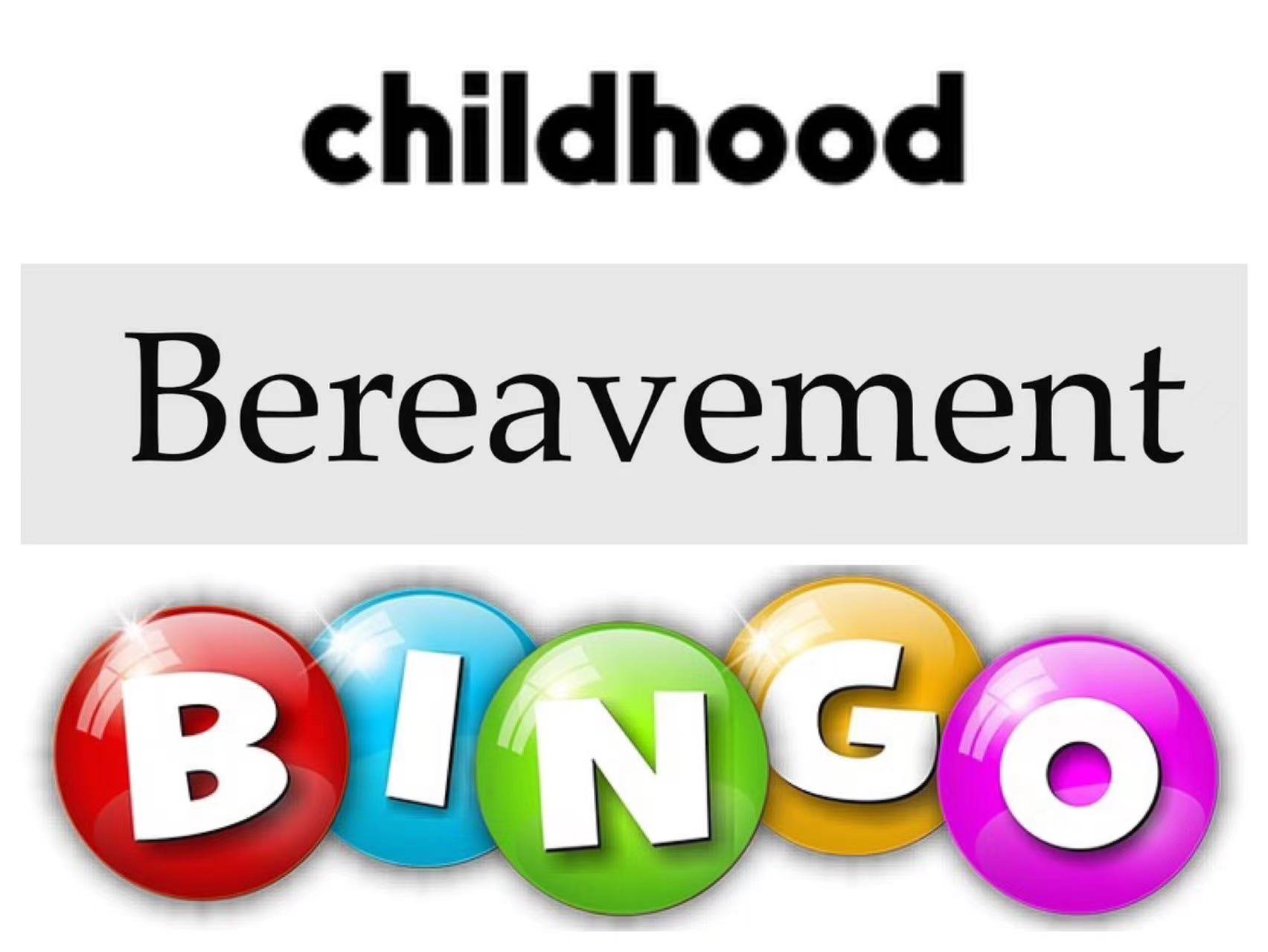
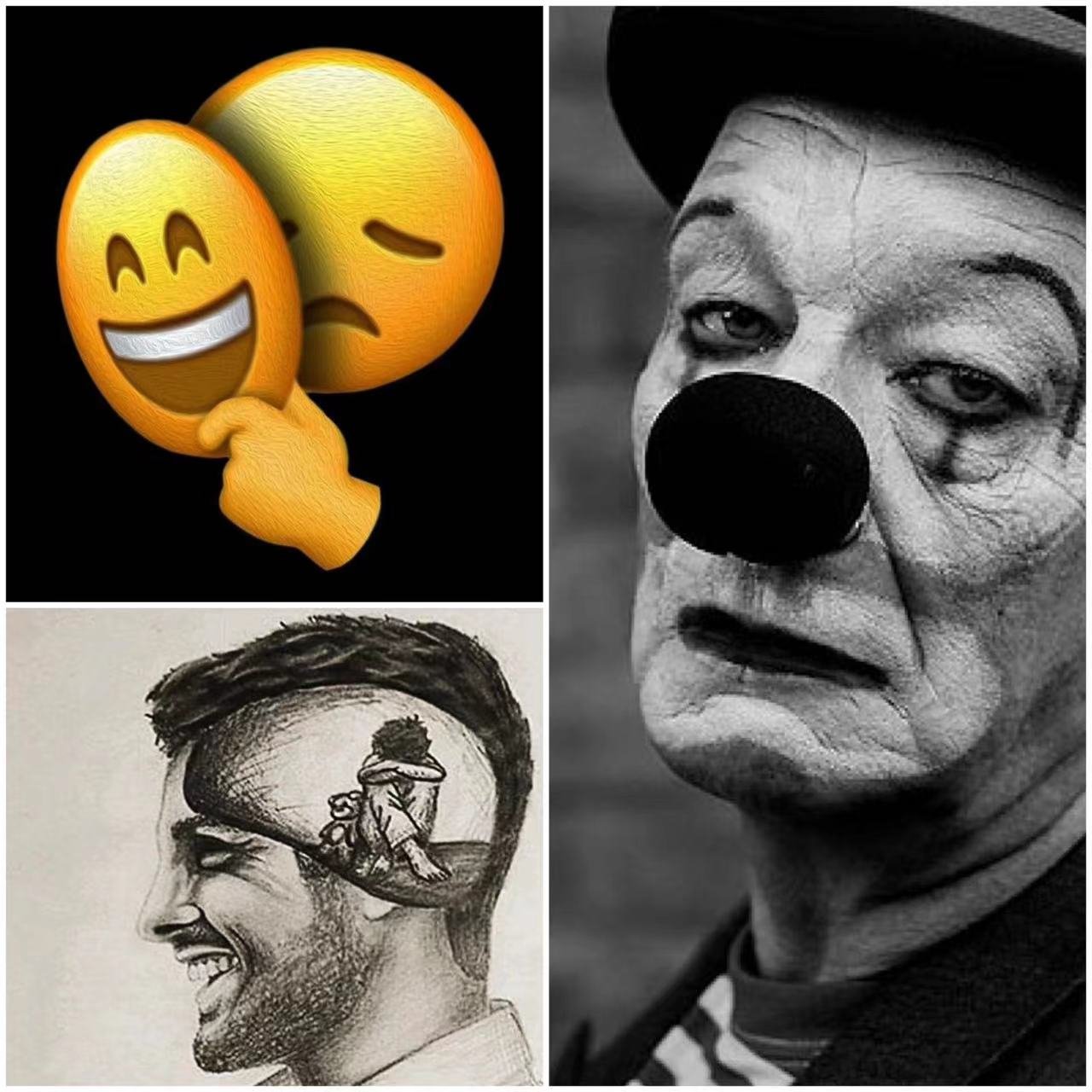
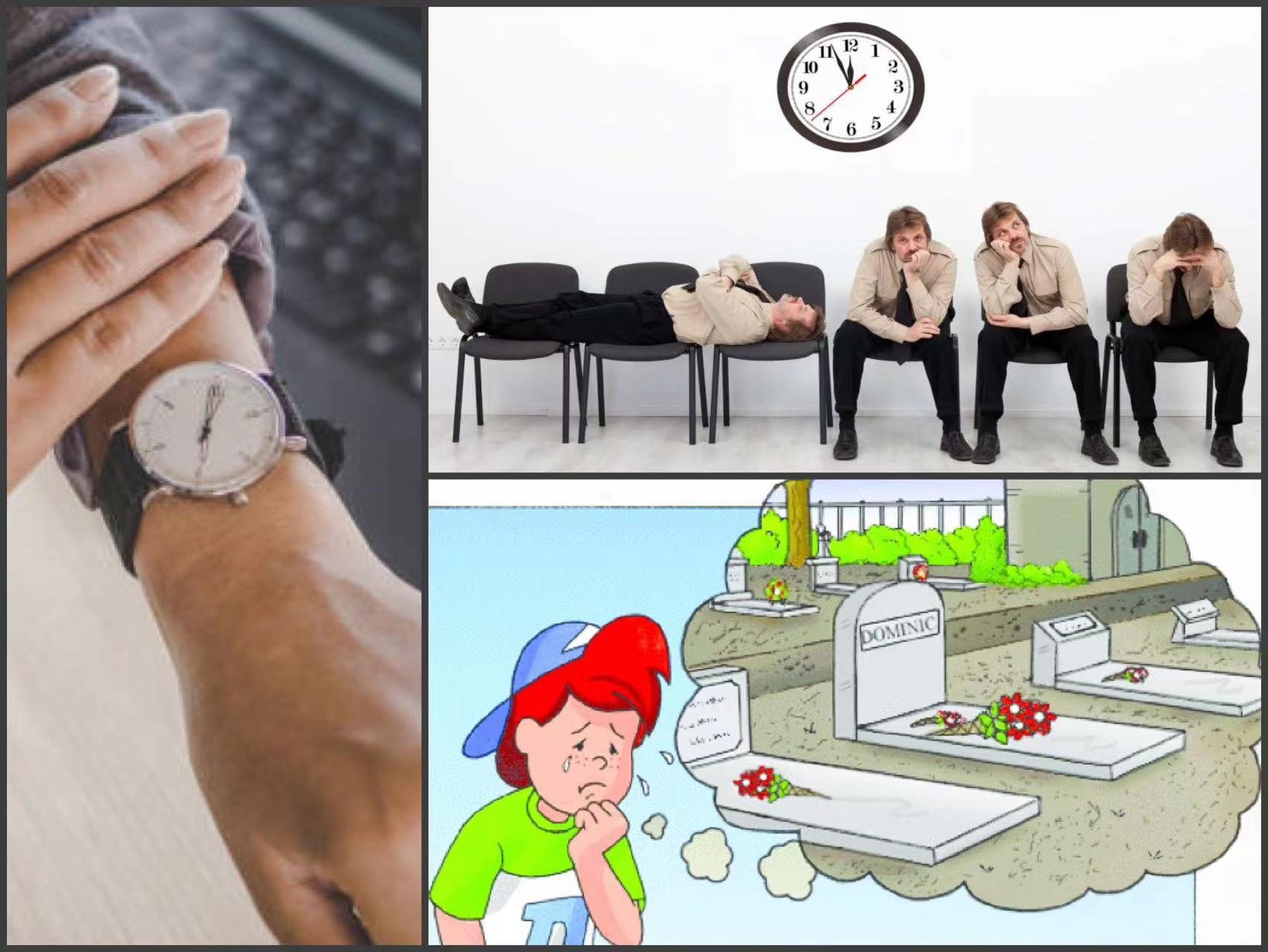
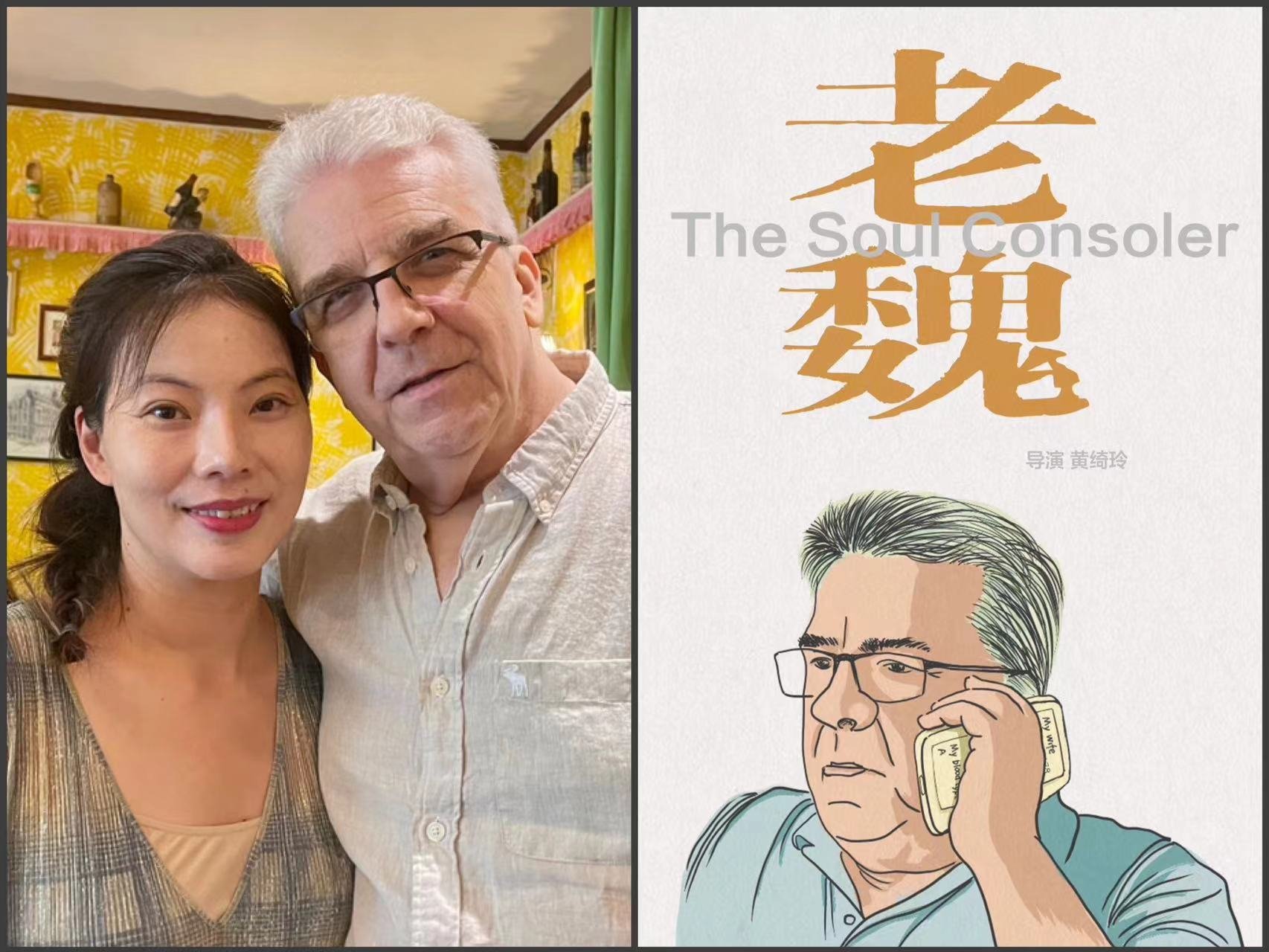
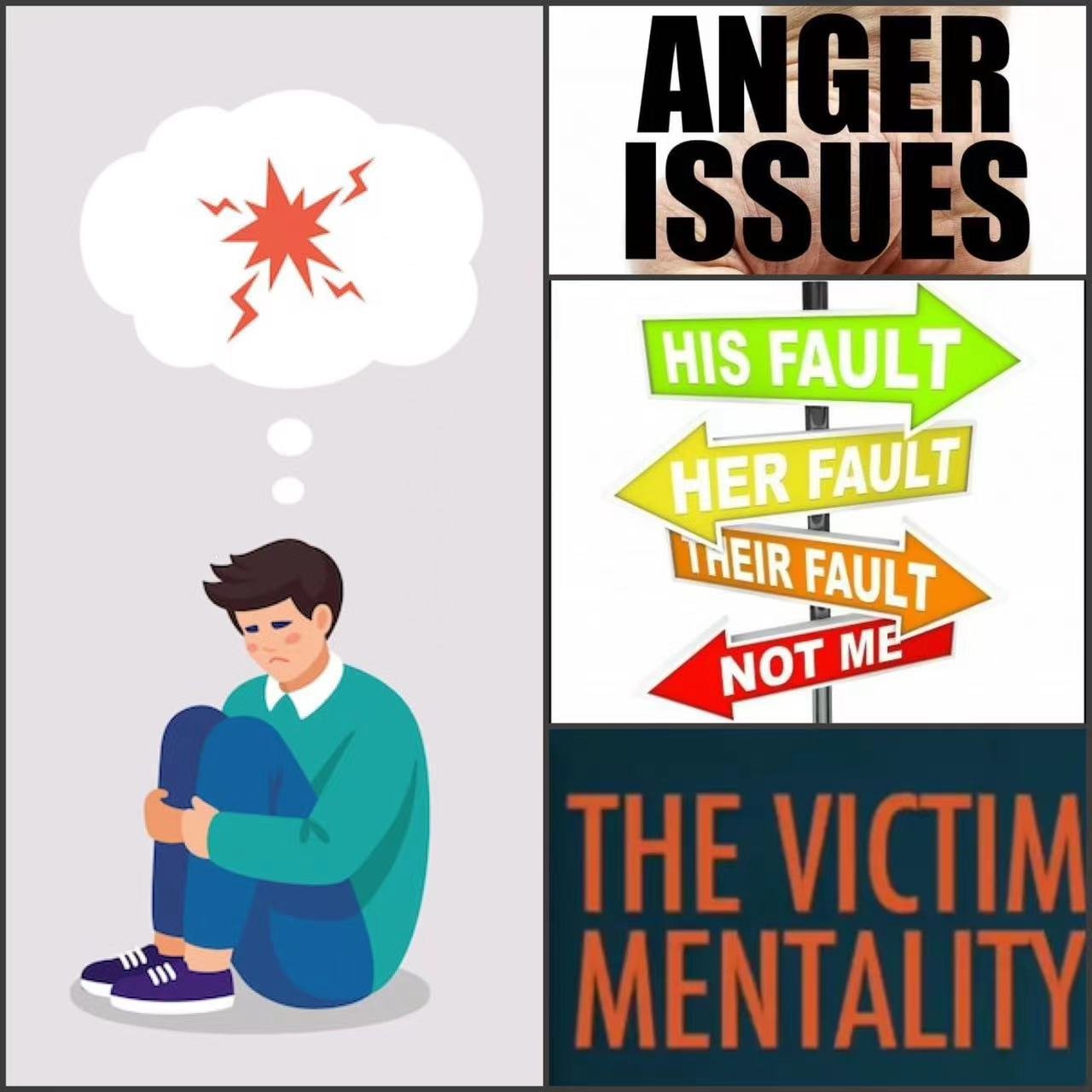
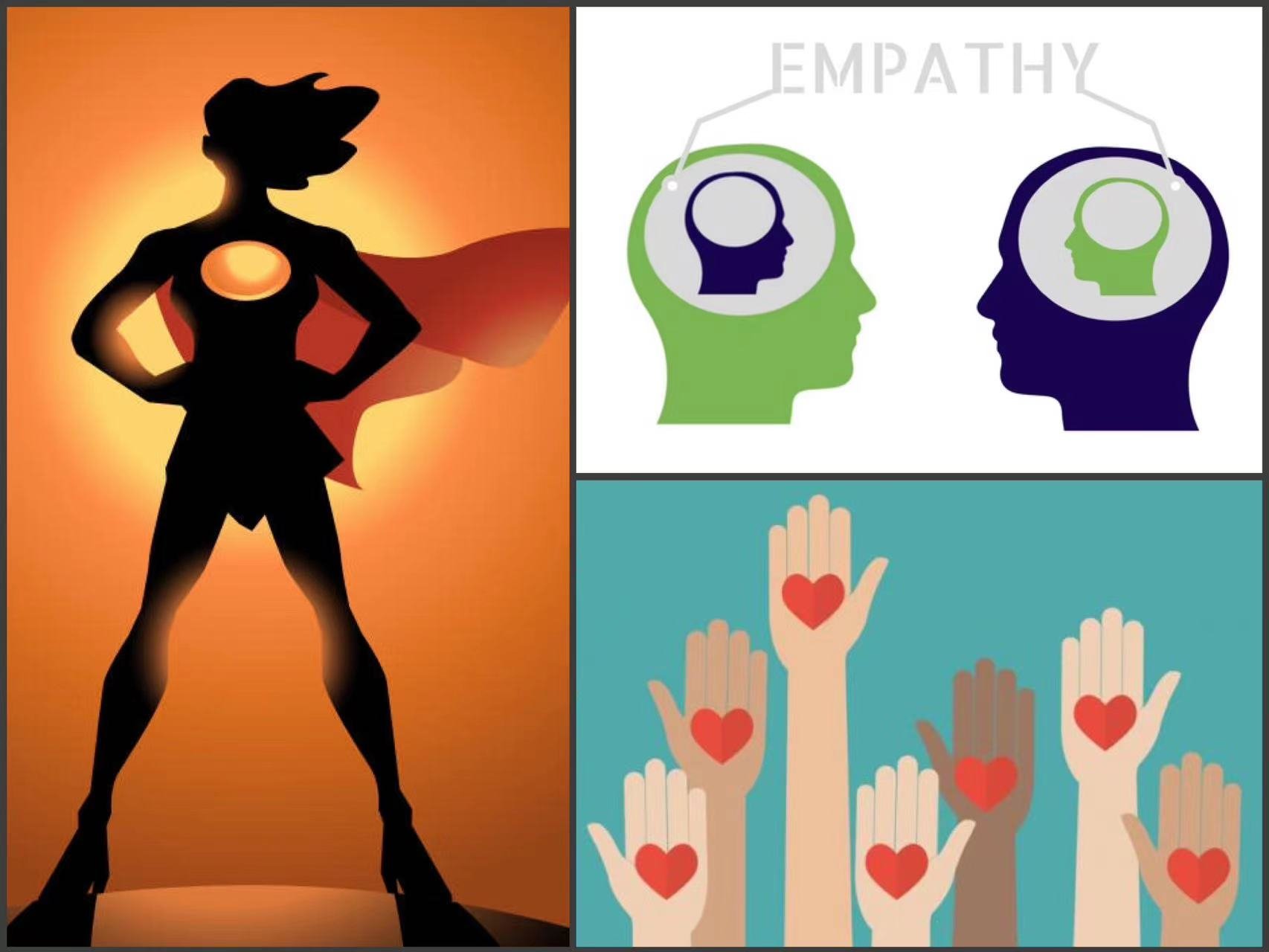
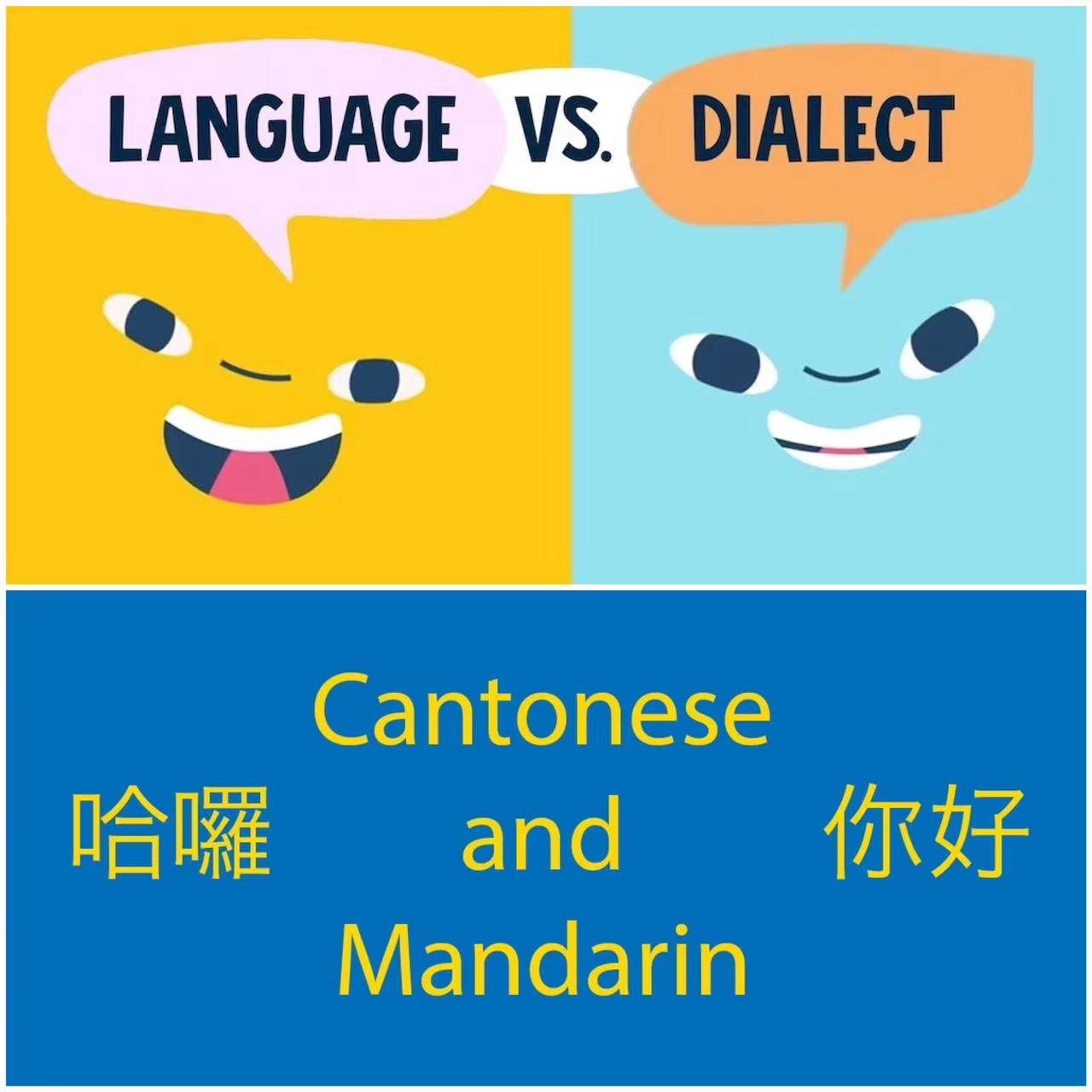
![Elaine Huang's favourite phrase in Cantonese: 頂你個肺 [Ding lei go fei], a phrase which literally means 'I hit your lung', but alludes to something a lot ruder..!](https://images.squarespace-cdn.com/content/v1/5d40122274f3720001d9543b/1666426544851-SDS2A87S7NPJDIJE1RUQ/CN+11347+s03e08+Elaine+HUANG+F+Q02a+Phrase.jpg)

![Elaine Huang's go-to song to sing at KTV: '我等到花兒也謝了 [Ngo dang dou fa yi ya je liu - I Wait Until the Flower Dies]' by 張學友 [Zhāng Xuéyǒu - Jacky Cheung].](https://images.squarespace-cdn.com/content/v1/5d40122274f3720001d9543b/1666426545661-5PZS120SJ1NZD28YLR1Q/CN+11349+s03e08+Elaine+HUANG+L+Q09a+KTV.jpg)
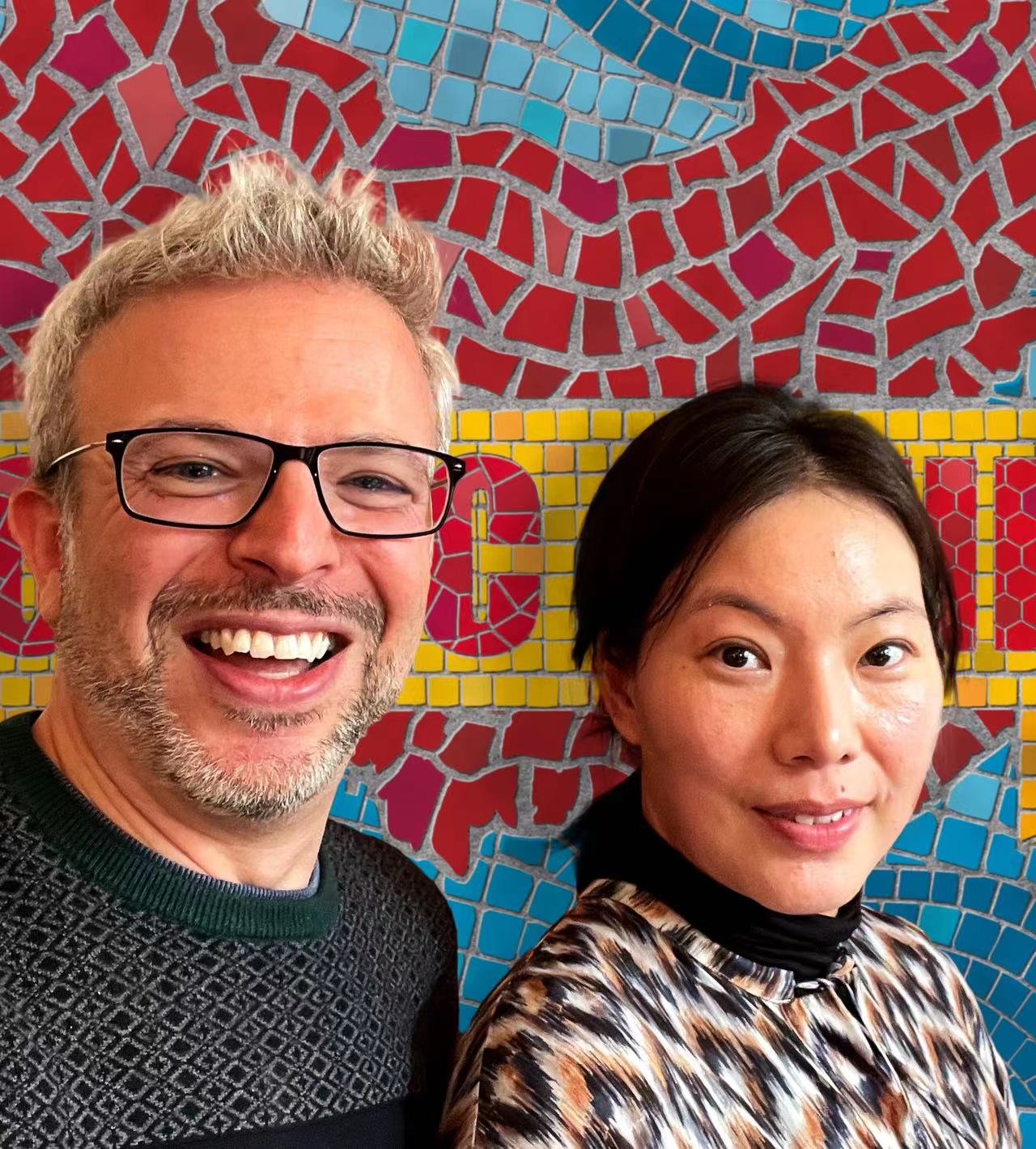
![Elaine Huang: The biggest update since we recorded this episode is that she has now completed shooting her film entitled '二十四味' ['Èrshísì Wèi' - '24 Flavors'].](https://images.squarespace-cdn.com/content/v1/5d40122274f3720001d9543b/1666426547315-BFCPFEFVUF89K2QMZLIM/CN+11351+s03e08+Elaine+HUANG+D+General+Episode+Image.jpg)
To Listen Here…
Click the ▷ button below:
To Listen/Subscribe Elsewhere…
1) Click the link to this episode on one of these well-known platforms:
2) Or on one of these China-based platforms:
To Read The Transcript…
[Trailer]
EH: Oh but today, I told everybody.
OF: It's OK. No-one listens to this podcast anyway.
[Intro]
OF: Welcome to Mosaic of China, a podcast about people who are making their mark in China. I’m your host, Oscar Fuchs.
Today’s episode is with the film director, Elaine Huang. Our conversation starts off predictably, I ask her the kinds of questions you would expect me to, about her experiences as a film director, her background, her personal opinions about the film industry in China, “do, do, do.”
And then the conversation evolves. This is one of those episodes where we go into very personal territory. And you may remember that I mentioned in the intro episode to Season 03 that I was also going to try and inject a little more of myself into the interviews this Season. Today’s episode represents perhaps the most I am ever going to share on this podcast. I couldn’t have done so without today’s guest also being so open and so generous about sharing her story, so I want to say a very big thank you to Elaine right from the start. I should also say from the start that if you’re listening right now in the middle of a painful part of your life, maybe skip this episode until you’re in a more reflective space.
[Part 1]
OF: Thank you very much for coming, Elaine.
EH: You're welcome.
OF: We're doing this recording in my house. Because the studio I'm using right now, someone in that building had been close to somebody who had COVID.
EH: Right.
OF: So they closed the whole building. I think it's already opening in a few days.
EH: Right.
OF: So it's a good example of how China is still managing COVID. If there is even a friend of a friend who came close to somebody, then whole buildings still get shut down. So this has affected us. Luckily, you could still come to my house.
EH: Right.
OF: So listen out for the background noises outside my lane.
EH: Yes.
OF: Elaine, in a nutshell, what do you do here in China?
EH: Right now I would call myself a filmmaker. I’m working on a feature film, hopefully it will happen next year.
OF: I'm assuming that your film was also affected by COVID.
EH: Yes. It's supposed to happen in 2020. Two years postponed.
OF: Yeah. But it sounds like things are on the move again.
EH: Yes. Excited, yes.
OF: Well before we go into that story, what object did you bring that represents your life here in China?
EH: An orange balloon.
OF: What is the meaning of that?
EH: Well, it's quite improvisational thinking. My boy has been playing with it. You know, the balloon has a very thin skin, and when you blow it big it’s quite risky. Sometimes in China, the pressure, it kind of feels like something is wrong, or like “Ah, what happened?” But the balloon is beautiful. And in different circumstances, it's lovely to have. So this can represent my life in China right now. And also it's an object my boy is playing with. So it's my life also, with this boy.
OF: Right.
EH: And it’s like we are all like kindergarten children. You have to behave yourself, especially as filmmakers or artists. You feel so many restrictions. You cannot do this, you cannot do that. Even smoking a cigarette in a scene: the actor is making the movement of smoking a cigarette, but you don’t see the cigarette. You just see the smoke. Absurd, funny things happen in China. But this just one example of that.
OF: Yeah. Well let's talk about your work then. So how would you describe your work?
EH: I'm a film director/writer.
OF: Aha.
EH: This project actually began in 2016, when I first tried to promote my script, to reach some producers and to get some funding. It’s a very difficult journey because first of all, it needs a lot of money, and actors. And what comes first can draw the other. Like, if you have money, then you can appeal to some good actors. If you have good actors, then money will come. My situation is that actors all want to come to my project because they like the script. But then my type of film, maybe it's just too serious. About, like, family issues. So I've been waiting for the money for quite a long time. And sometimes money comes, but it's not the right money. People will say, like “I want this, I want that” in your film, which I don't want. So it's getting really difficult to get money, especially for our serious films. Like not-trying-to-please kind of films.
OF: Yeah. So you like to focus on films that have a serious topic?
EH: Yes. Even if it's difficult, I will keep doing this.
OF: Well before we talk about your film, why don't we talk about your background. How did you get into film production and film directing?
EH: I went to college, studying Chinese literature. And then - I don't know how and when - I developed an interest in theatres. So I went to Beijing, I did a postgraduate degree in theatre directing. Then in 2007, I went to London and studied art administration and cultural policy. I did that because I wanted to make my own plays, and I thought I needed some producing knowledge. So I went to London. I watched a lot of plays when I was in the UK, I think maybe I spent more time doing that than I spent in class. So when I got back to China in 2010, I was so ambitious to be a theatre director. And then I found out, there was a big difference. Comedies were the main plays in Beijing. So I didn't think it was a good atmosphere or environment to make plays. And I tried, but couldn't find investment. People really didn't appreciate serious topics, they would call you “Too academic.” Then I met this American producer who wanted to make a musical in Beijing. He saw my work in the National Theatre, and I was asked to meet him, and he said “I like your play.” And I worked with him for two months on his play. And then halfway through, he changed his mind, and he wanted to do a musical film instead.
OF: Oh so not the theatre, he wanted to switch to film.
EH: Yeah. And then I told him that I don't have film knowledge, I'm a theatre director. And then he said “Who can say that they can do a musical film in China?”
OF: No-one!
EH: There was one Hong Kong director, Peter Chan, he did a musical film. But John - the producer - said he’d rather have a director who has a theatre background. So he sent me to New York, and he paid for the school, and I went to NYU Continuing Education. I spent two years there, I practiced shooting films, and when I got back to Beijing I shot music videos and short films.
OF: He financed two years of study just so you can do his musical film.
EH: Yes. But we couldn't agree on the script, so we didn't work together.
OF: Oh.
EH: After all that. Maybe we were both just too artistic. So we didn't work together.
OF: But that was your move from theatre to film, right?
EH: Yes.
OF: That’s what opened the door to film.
EH: Yes.
OF: And now, do you still do theatre? Or you've left that part of your life behind?
EH: I will be back, I think. Because after this feature film, I really want to do maybe a play - or a musical - for the same script. I still have this big passion for theatre.
OF: Well, since we're talking about theatre, it reminds me of the way that we know each other, which is from the referral of Björn Dahlman from last season.
EH: Yes.
OF: Let’s hear what he had to say about you.
[Start of Audio Clip]
Björn DAHLMAN: Well I have a very good friend. She's in a way part of my China history, because she was an associate director in the project that brought me to Shanghai. Her name is Elaine - or 黄绮玲 [Huáng Qǐlíng] - she’s a very good friend, a film director mainly these days. I think you should have a chat with her, I think she might have some really nice perspectives on things.
[End of Audio Clip]
EH: I miss him. We were both doing a Shanghai theatre performance. We spent time together, we worked on that for two months. And when I was in New York, he had a performance there. So he travelled from Sweden, and he stayed in my apartment, on the sofa.
OF: Ah.
EH: Yeah, we just have so much common passion. And when we talk about shows, we were just so excited.
OF: Yeah. Well I hope it's not too long before you can be reunited, I know Björn would very much like to come back to Shanghai.
EH: Of course, yes.
OF: Well you mentioned that you might want to convert this project you're doing into a theatre piece?
EH: Yes.
OF: So why don't we talk about this project. What is going to be the content of the movie?
EH: This story is inspired by my cousin's family history. My uncle was part of the first generation who got very rich during the 1980s in 广州 [Guǎngzhōu]. He was a worker in the factory, one of his first jobs was just to haul dead pigs. What’s that called?
OF: Like, take dead pigs from…
EH: …From here to there.
OF: Oh.
EH: Like, within the factory. And then in those days, we didn’t have enough electricity supply.
OF: Yeah.
EH: So he imported this kind of machine, generators…
OF: Ah.
EH: …From Hong Kong, into hotels, hospitals, factories.
OF: Wow.
EH: So yeah, he was a big money guy. Men, when they become rich, they tend to have more options, right?
OF: Ah.
EH: And then he had a double life. He had two families.
OF: Really?
EH: Yes. So then my cousin, she just tortured herself. She has this eating disorder.
OF: Oh, like anorexia.
EH: Yes.
OF: Ah.
EH: Because actually she found out that when she was sick, her father would come back home.
OF: Oh I see. So she actually forced herself to become sick.
EH: Right. I think she didn't realise it could be that serious. Even my aunt somehow allowed her to do that, to make sure the family is complete. And then my cousin almost died from that disease. She was in hospital and the doctors already told the family that she might be gone soon. She was just 25 kilogrammes. We all didn't know. And when we were 30-something, she and I sat together and had a cup of coffee, and she told me this. At that time, my uncle was in a very serious situation, he almost died in 2013. My cousin hadn’t talked to him for over ten years. The family was broken. But I knew how much my uncle loved her. And I asked my cousin to visit him. Yes, my uncle has another family, he has another daughter. But I didn’t want her to miss that chance to talk to him. She did. She had a boy, a little boy, and she told me that she saw my uncle in tears holding the little boy. And she felt like she could let go of the hatred, just right before my uncle passed away. In the funeral, I saw my cousin kneel down, just crying. And she kept saying “I'm sorry, I'm sorry”. That really moved me, and made me decide to really have to make this into the film.
OF: And what is her opinion on your project? How much are you sharing with her?
EH: I share almost everything with her, in different stages. Like I keep telling her “Right now I have this as my candidate for my uncle, for your father”. And I need to ask her - almost like a permission - “Do you like this actor to be your father?" Even my aunt, she's very supportive. She would be kind of joking, like “Oh, the reality is more dramatic than the film. Because when I talked to many of my friends - especially girls - I heard so many similar stories between dad and daughter. Because my family also… my mom passed away when I was a child. So I kind of feel like, if you have the chance, why don't you just talk to your parents, or express your love? That's what I was thinking. But when I talk to them, one of them told me “Imagine if your father held a knife to your mom, because of just 200块 [kuài] or something. How can you forgive this person?” That's why I kind of rewrote my script several times, because all this information came to me. And I don't try to persuade anybody to forgive someone, but it’s just to show them they might not see these kind of facts. Like, in my script I write about the fact that everybody has this kind of situation. Somehow we made a mistake, we lost the chance to correct it, but that doesn't mean that we don't care. Yes, right now when I’m talk about it, I still feel like I'm doing the right thing.
OF: Yeah.
EH: Yes.
OF: And this, to me, it sounds like a universal situation between sons, daughters, mothers and fathers. Do you think that there is a specific aspect to this which is more common in China?
EH: As we all know, in China this kind of economic change all happened in this short time. And people were not prepared to adjust themselves to this ever-changing situation? I also try to communicate with the audience in my script, that the mom would keep saying that "money money money makes life better.” That's their starting point. I don't think it's wrong. So that's why I think people will make mistakes. Like, people can see this, and take a step back.
OF: Yeah. I mean, I understand what you're saying. When people look at what's happened in China, they see how amazing it has been. That people have gone from poverty to a healthy standard of living in just one generation, in half a generation. What your story says is, it's not just about the money side, there has to also be the emotional side as well, right?
EH: Right.
OF: I can see why this is taking up a lot of your mental energy. Because it's so personal.
EH: It is.
OF: It’s so close to you.
EH: It is. I put half of myself into this character.
OF: Oh really.
EH: Of course. Their stories are similar. I mean, I also have a stepmom. Not because my father had an affair, but my mother passed away when I was young. In the script, my cousin went to study abroad for 7-8 years. And when she came back, she had to let go of that trauma. That's the message of the story. So this actually is half of my own life.
OF: That’s your life. Oh.
EH: When I came back, I had to pick up where I left. You know, you have to face it, and try to solve it.
OF: Yes. You know, that's the part that I relate to the most. Because when you said that your mother died when you were young, actually that's the same with my story.
EH: Right.
OF: My mother died when I was 11 years old. And I don't know if you are comfortable to talk about this. Because in China, it's never easy talking about death, right?
EH: It is not!
OF: Right? People are very scared to discuss it. But I feel always a closer connection to people like you, who have also lost a parent very young. And work through it. When you said you were working through your trauma, what did you mean from your perspective?
EH: I worked on it; I have been working on it; I’m still making efforts to work on it.
OF: Yes, even now.
EH: It is. You cannot really overcome that, in your whole life.
OF: Yeah.
EH: I don’t think so. Yeah, it's really difficult.
OF: Really difficult. Well I'm looking at your object, the orange balloon. And I can see exactly why this has a meaning for you, I understand. And I'm the same, sometimes life to me is this big balloon. And it's cheerful and colourful. And I can meet interesting people, and enjoy my life. And then sometimes the same balloon gets smaller. I actually think we're very similar.
EH: Yes.
OF: I didn't expect to empathise with somebody over an orange balloon, but I do.
EH: Yeah.
OF: I was thinking about this as you were talking, I wonder how similar we are. Let's play bingo about what character traits you and I have in common.
EH: OK.
OF: Is this a thing about people who lose a parent very early in their life? Do you think that you have a tendency to go into depression, and then you come out? Do you have ups and downs?
EH: Absolutely, yes. Because people sometimes think I'm very sociable.
OF: Yes.
EH: And even in my script, you can see kind of a very split Elaine in it.
OF: Yes.
EH: Because I have this sense of humour when I speak my mother language. I’m very funny.
OF: Yes.
EH: I’m almost the funniest person in my college dorm, I can always make them laugh. But I'm not that person.
OF: Yes.
EH: But I am that person!
OF: Yes! It’s the same. I'm exactly the same.
EH: Right.
OF: That's a very good coping mechanism, right? When you… You can use it almost as a barrier sometimes, because it's shielding your emotions.
EH: Right.
OF: Yeah. Actually I had an ex partner. And he was always annoyed, because he saw those two worlds. And he thought “Hey, you're so fake. How come you are this person in one situation, and you're this person in another?” And it's very difficult to explain that “No, it's the same person.”
EH: Right. It's the same person. Like, yeah.
OF: That's it. There are people who don't know you, they think “Oh, she's too much.”
EH: Right, yes.
OF: “She's always playing the clown.” But people who know you better, they’re the ones who know both sides, right?
EH: Yeah.
OF: OK, “Bing, bing, bing! We have bingo there, we have a match.”
EH: Yes. “Bing, bing, bing.”
OF: The next thing. Er, let me think. Here’s one more thing I have. If my husband is running late - if it's like two hours later than normal - I think that he’s dead.
EH: Bingo!
OF: Bingo?
EH: Oh god.
OF: I knew it. I can't stop myself. I picture him in a car crash.
EH: I do this every second, almost.
OF: You do the same?
EH: I do the same. Like, I contacted my lead a few days ago. She didn't reply for a few days. I thought “No! No! You're the biggest star in my film! You cannot die! You cannot have an accident!”
OF: Yeah, isn’t it funny? And I'm aware. I know I have this - I think they call it ‘death anxiety’ - I know I have it. And yet I can't stop from thinking it.
EH: Wow. I wonder how many people have this. I just have this big fear of my loved ones dying. Like, every day. Every day. That's why I'm making a documentary of this Swedish undertaker who worked in China.
OF: Oh.
EH: I've been doing this since last year, because I couldn't do my feature. For him it’s a business, but…
OF: You're drawn to this as a subject, right?
EH: Mmm.
OF: OK, let's do the next bingo. Do you have anger issues? She's nodding
EH: Like in daily life, I do, nowadays.
OF: Yeah.
EH: These days my anger is about “Why me?”
OF: Yeah.
EH: Right.
OF: Yeah, yeah, yeah.
EH: I don't know if I can be angry with who, but it's just “Why me?”
OF: This is interesting. So, it's like a kind of victim complex.
EH: Right.
OF: Yeah. I… See, I have to be careful because I can go into this victim mentality very, very easily. Even small things, right? And I feel so stupid when this happens because I have a good life.
EH: Right!
OF: Right? I actually don't think about the bad things too often. But then when there is a small thing that happens…
EH: Absolutely, yes.
OF: Yeah. Same with you?
EH: Exactly.
OF: Yeah.
EH: Yeah, most of the time I can be balanced. “Don't pity yourself. Don't be pathetic.” I hate that. And I hate people who behave like that, too.
OF: Yes.
EH: But…
OF: It's there.
EH: It’s there.
OF: It’s there.
EH: Yes.
OF: I think being aware of it, at least it's part of the solution. Because when I feel myself going into that situation, I… At least I have to engage my brain and say “Oscar…”
EH: Stop.
OF: “Don't do that.” Yeah. OK, this is a good therapy session right now. Actually, everything we're saying is negative. Just to finish on this bingo, I feel that it gives us one major superpower - I really feel it with your project as a filmmaker - which is empathy.
EH: Mm-hmm.
OF: There’s always something which I can empathise with - look to the humanity of someone - even if they come across as someone who is, let's say, angry or who is not someone who other people would empathise with. I can always empathise with people. Is that also the same?
EH: Yes. Sometimes it even makes myself feel good. Like “I’m a good person.”
OF: Yeah.
EH: Yeah.
OF: Yeah, I think that's the power we have to decide to use.
EH: Right.
OF: All the other things, they can overpower this one aspect. But if we decide to focus on that positive, I think all the other negative side washes away. So this is what I try and work on every day. I know I have this skill, but I have to really want to use it.
EH: Mmm. Maybe the film is just a metaphor or a representative of all these efforts.
OF: Yeah, I think so. Especially because you can work on someone else, right? It's close, but it's also distant, because it's your cousin’s story, it's not your story. And yet…
EH: It’s protecting myself…
OF: Yeah.
EH: Because I always tell people that this is my cousin story.
OF: Yeah.
EH: But it's my feelings, my emotions…
OF: Yeah.
EH: My trauma as well.
OF: Yeah.
EH: Oh but today, I told everybody.
OF: It's OK. No-one listens to this podcast anyway.
EH: OK.
OF: Thank you so much, Elaine.
EH: You’re welcome, Oscar.
OF: Let’s move on to Part 2.
EH: OK.
[Part 2]
OF: So the 10 questions. Question 1, which comes from Shanghai Daily: What is your favourite China-related fact?
EH: Cantonese is not a dialect, it’s a language.
OF: Ah.
EH: That’s what I heard. And then I 百度 [Bǎidù]’ed it today, and Cantonese is still a dialect. But we can call it a language, because Cantonese has its own kind of characters.
OF: Hang on. So this is you being a proud Cantonese person, right? You want to think that it's a language, but…
EH: It is still a dialect.
OF: Right. In Hong Kong, when they speak Cantonese, they use the 繁体字 [Fántǐzì], right? The traditional script.
EH: Yes.
OF: But in 广东 [Guǎngdōng], you speak Cantonese, but you would use the simplified Chinese.
EH: Simplified Chinese, yes.
OF: So what do you mean when you say that there's a different written language? Because it's the same written language as Mandarin, no?
EH: No, it's not. We have different grammar…
OF: Oh.
EH: …Between Cantonese and Mandarin. And we don't have the same phrase for some things.
OF: Of course.
EH: Yeah.
OF: Well, the fact is that it is a dialect. But in our heart, we can still treat it like a different language.
EH: Yes.
OF: Question 2 which comes from Rosetta Stone: Do you have a favourite word or phrase in Chinese?
EH: I will say I have a favourite phrase in Cantonese.
OF: Yeah, give me that one.
EH: 頂你個肺 [Ding lei go fei].
OF: Wow, your energy suddenly changed.
EH: Do you understand that?
OF: I do not understand
EH: OK.
OF: Say it once more?
EH: 頂你個肺 [Ding lei go fei].
OF: 頂你個肺 [Ding lei go fei]. OK, I obviously got it wrong, because she's laughing now.
EH: No, you're not wrong, but it's not a polite.. Not, not… yeah, yeah… It's vivid. It’s… Like, in real life. To me, Mandarin sometimes is like a formal language. To me. Maybe it’s because I’m not a native speaker.
OF: Yeah, that's like an emotional distance between the two languages.
EH: Mmm-hmm.
OF: OK, and what does your phrase mean?
EH: It means ‘You're bad. How can you do that?’
OF: Ah.
EH: It literally means ‘I’m punching your lung.”
OF: Punching your lung?
EH: Lung.
OF: Oh.
EH: Yeah, punching your lung.
OF: What is the equivalent phrase in Mandarin?
EH: Just like ‘cow’ in Mandarin?
OF: Oh!
EH: Yes.
OF: Oh, so it's actually rude.
EH: Not that rude. But like I said, it's very vivid. Like, “Punch your lung!”
OF: I will ask you for how you write it later.
EH: OK.
OF: Next question. And this comes to us from naked Retreats: What is your favourite destination within China?
EH: 海南 [Hǎinán] Province.
OF: Oh!
EH: Because I’m a sea person.
OF: Right.
EH: I’ve got too much darkness inside.
OF: Yes.
EH: Oh, I need sunshine.
OF: Yes.
EH: I need space. I need brightness.
OF: Yes. Very good. And of course, going south, that must be almost like going home to 广州 [Guǎngzhōu].
EH: Yes.
OF: Do you have any family still in 广州 [Guǎngzhōu]?
EH: Yes, yes.
OF: So if they see that you go to 海南 [Hǎinán] and don't go to 广州 [Guǎngzhōu], do they get angry?
EH: No, because always the next stop would be 广州 [Guǎngzhōu].
OF: Oh good.
EH: They know I'm going home.
OF: OK, so you take a detour through 海南 [Hǎinán].
EH: Yes.
OF: Smart. Next question, if you left China, what would you miss the most and what would you miss the least?
EH: I will miss the food.
OF: No, no, you can't say that. If it's food, you've got to give me one…
EH: Hotpot!
OF: Hotpot. Spicy style?
EH: Spicy style. It’s not necessarily my favourite food, but I enjoy having hotpot with friends.
OF: It’s the atmosphere, yeah.
EH: It’s the atmosphere. Because I lived in Beijing for eight years. I got used to spicy food.
OF: And what would you miss the least?
EH: I can't stand people walking into the lift without waiting.
OF: Yes.
EH: This is a tiny thing. But, like, to me, I can’t understand.
OF: I absolutely agree. In fact, another lady from China, Michelle Qu, she said the same thing…
EH: Right, OK!
OF: …About the thing that she would miss the least. Funnily enough, there was an English lady called Roz Coleman in Season 01, and she attributes this to something called ‘Shanghai Flow.’ Where people in Shanghai, they always need to be on the move, they don't wait, they don't stop. I understand that. But when it comes to elevators… No, stop, and let me out first, right?
EH: Yeah. And I will say that, literally. Especially when I'm not in a good mood.
OF: Yeah.
EH: I will say, “Can you just wait?”
OF: I know. This is the ‘angry child’ side of you and me.
EH: Oh.
OF: Right? But it's not reasonable. How can I get out, if you come in first? Yeah. Let's not talk about it, because we're gonna get angry. Next question, is there anything that still surprises you about life in China?
EH: Oh, you can order medicine at midnight, and it gets delivered it to you in a half hour or something.
OF: Yeah.
EH: I love this.
OF: It’s so convenient, I know. People often talk about ordering food, but they don't realise that in China, you can order all kinds of things at any time of the night.
EH: Yes.
OF: We’ll move on quickly, I know you have to rush. Next question comes from SmartShanghai: What is your favourite place to go out, to eat, or drink, or just hang out?
EH: The French Concession. The trees, the streets, the feeling of wandering around here. It makes me happy.
OF: Yes. People say ‘the French Concession’, we should always say it's 'the former French Concession.’
EH: Oh, 'the former French Concession.’
OF: Yeah. But I'm glad that it's not just the foreigners who make that mistake.
EH: Uh-huh.
OF: Next question, what is the best or worst purchase you recently made?
EH: Oh, iMac.
OF: Oh, you bought an iMac?
EH: An iMac. Yeah, I love it.
OF: That's for your work?
EH: Yes, for my work.
OF: There you go. Next question, what’s your favourite WeChat sticker? OK, send it to me now.
EH: Is it lovely?
OF: Ah.
EH: It's a pig. Piggie dancing in a grass skirt, expressing my happiness.
OF: Your spirit animal. What is your go-to song to sing at KTV?
EH: It's a Cantonese song. 我等到花兒也謝了 [Ngo dang dou fa yi ya je liu]: “I Wait Until the Flower Drops.”
OF: OK, tell me about that song.
EH: It's a love song, it's a break-up song. Like, a sad person will say “Oh, I’ll wait until the flower’s dead”. You feel that “Wow, this person is so much in love”. Like, that kind of feeling.
OF: Nice.
EH: Not really like a negative thing.
OF: OK, I'll check it out. And finally - this comes from JustPod - what or who is your biggest source of inspiration in China?
EH: Nature. I enjoy walking under the trees, even just seeing the leaves shining. It makes me feel like I'm living, I'm alive. And there's so much you can cherish in the world.
OF: Beautiful. What a nice way to end our discussion. Thank you so much, Elaine.
EH: Thank you. Thank you very much for the invitation.
OF: And before you leave, who is the person you would recommend that I interview in the next season of Mosaic of China?
EH: ‘Wanimal’! 王动 [Wáng Dòng].
OF: OK, who's that?
EH: It’s a ‘he’, he’s a photographer, he’s a set designer, he’s an artist. He's been doing nude photography. He's a very interesting man. He's a good friend.
OF: OK. I'm intrigued. I can't wait to meet him. His name is ‘Wanimal,’ you said.
EH: Yeah. Because his family name is 王 [Wáng]. And he called himself an animal. So ‘Wanimal’.
OF: Perfect. And if you had one question that you would ask Wanimal, what would you ask him?
EH: OK, then… Would you have me as your model?
OF: Nice question. Would you do it?
EH: I would! Why not?
OF: OK. This could be the next project for Mosaic of China in that case..!
EH: OK!
OF: Everyone who does the project has to have a nude photo.
EH: Oooh good, good! From Wanimal! Yes, he would be thrilled.
OF: Thanks again, Elaine.
EH: You’re welcome.
[Outro]
OF: The big update is that Elaine finally managed to shoot her film earlier this year in 广州 [Guǎngzhōu], and she’s now in Hong Kong working on the edit and post-production. The film’s title is ‘二十四味 [Èrshísì Wèi]’ or ’24 Flavors’, which is also the name of a Cantonese herbal tea. It’s a healing remedy that contains a multitude of bitter and sweet tastes. It was a big challenge to film during the pandemic period, so Elaine wanted me to convey her gratitude for all the support she got from family and friends and the local government too. She added that some of the opinions she expressed about the film industry in our recording would be different today, so I’m already looking forward to hearing about how everything went down when we record our catch-up interview next season. The film should have been released by then, Elaine estimates it should come out in the second half of 2023, so let’s keep our eyes open for that.
Just a few points of clarification. Firstly, Elaine mentioned that she “百度 [Bǎidù]’ed” something: that’s the equivalent of “Googling it” elsewhere. Secondly, she mentioned that she made a documentary about a Swedish undertaker, that was a slip of the tongue, it was a Belgian undertaker, the name of that piece is ‘The Soul Consoler’, or 老魏 [Lǎowèi] in Chinese. And thirdly we mentioned 广州 [Guǎngzhōu] and 广东 [Guǎngdōng] somewhat interchangeably in our conversation, so let me be a bit clearer about that. 广东 [Guǎngdōng] is the province, it’s what English speakers might call Canton, where the Cantonese dialect comes from. It’s the big province on the mainland just north of Hong Kong, where of course they also originally speak Cantonese. And 广州 [Guǎngzhōu] is a city, it’s the capital city of 广东 [Guǎngdōng] Province, and the third largest city by population in China. And… I’ve never been there. Ouch, I will need to try and fix that by Season 04…
The biggest disclaimer of all is that all the things that came up in our game of ‘Childhood Bereavement Bingo’ were totally unscientific. There are so many ways in which these things can manifest, so please take that whole exercise as a demonstration of empathy between Elaine and I, rather than anything else. You know, when some people try to summarise Mosaic of China, I often hear them say things like “Oh, it’s about foreigners in China”, or “Oh, it’s about entrepreneurs in China.” Of course I don’t like to correct them, because I’m just grateful that they’re talking about the podcast at all. But it’s nice to have the excuse to point out that this project is just about life, which happens to be taking place in China. Many many past guests have also shared deep personal and family experiences, so in particular I would like to point you to the Chinese comedian Maple Zuo from Season 01 Episode 02, or the ultramarathon athlete Greg Nance from Season 01 Episode 23, and of course ‘Jiyoung’, the transgender teacher from Season 02 Episode 30.
As always, you can see all the extra images and graphics accompanying Elaine’s story on social media or at the Mosaic of China website, where you can also find the links to subscribe to the longer edition of today’s episode on the PREMIUM version of the show. Here are some clips from that:
[Clip 1]
EH: Before, money comes from the mine owners. Kind of like money laundering.
[Clip 2]
OF: A rule comes into place, and you have to suddenly reshoot your film.
EH: Right.
[Clip 3]
EH: They tried so hard, but they couldn't keep up, so they lost their chance.
[Clip 4]
OF: They do their work, they do their job, I'm like “How do you do it?”
EH: Right.
[Clip 5]
EH: Actors in 广州 [Guǎngzhōu], they’re more like sitcom actors. Too exaggerated.
OF: Exaggerated, yeah, yeah.
[Clip 6]
OF: When people decide to get married, they do it for very pragmatic reasons, right?
EH: Yes, some of them.
[Clip 7]
EH: And the owner said “Where are you from? Korea? Korean?”
[End of Audio Clips]
Mosaic of China is me, Oscar Fuchs, with artwork by Denny Newell. Today’s PREMIUM version has an extra 25 minutes of content, which come not just from the full-length version of my chat with Elaine, but also from the catch-up interviews I had with two previous guests whose names have already been mentioned today: the Swedish clown Björn Dahlman from Season 02 Episode 17, and the Chinese comedian Maple Zuo from Season 01 Episode 02. You can hear shorter versions of those chats coming up after the music, and I’ll see you here again next week.
[Catch-Up Interview 1]
OF: Hey Björn, how are you?
BD: Hey Oscar, I am great. I'm in the middle of my vacation. It's beautiful Swedish summer.
OF: Well, we did our original interview remotely while you were in Uppsala in Sweden, because you were locked out of China at that point. We had every expectation that the next time we caught up would be in Shanghai again, but it hasn't happened.
BD: I know, it’s a mess. I am longing to get back. You know, I still dream about Shanghai. In my dreams, I'm in Shanghai. And it's just bizarre. I'm not getting used to this situation at all.
OF: Well, this is it. It's now been, what, two years already? It must be feeling like a proper dislocation at this point.
BD: Well it totally does. I mean, on all levels: my good friends in Shanghai, my work, everything.
OF: Yeah. Well let's talk about your work. For anyone who didn't listen to your episode from
Season 02, you are a professional clown, and you are known here in Shanghai as ‘The Frog King’, correct?
BD: That is correct, yes.
OF: So what are you doing now? Are you still making a living as a clown full time, or are you broadening your work across other theatrical projects?
BD: Well, originally I am more of a traditional actor - like, text-based theatre - and also director. Clowning came in quite late in my life. So back here in Sweden, I run my own theatre company where I am more of a director/scriptwriter/actor. Of course, the clowning is always there, I created new clown shows, I just came back from a tour actually to Poland with Clowns Without Borders. We were playing for Ukrainian orphans. So the clowning is still going on.
OF: Well that's good. Because in my mind, I was imagining that the poor Frog King was just a red nose on the floor, discarded in the corner. But no.
BD: No, no, no. The clowning is… It's developing, things are happening, absolutely.
OF: Is there an idea that you might be able to remotely connect with your network back here?
BD: Actually, it happened. I did a few online shows in China during the pandemic, and it worked quite well. It was a very strange experience.
OF: Yeah.
BD: Me - and sometimes a colleague - alone in a room, performing for a camera phone for twenty minutes - and we were like… it felt like we performed for two hours, we were so exhausted. Because you don't get the feedback.
OF: Yes.
BD: But it's been very interesting in China, because we are working a lot with this concept of ‘training of trainers’. And in China, they was just no interest in that. So that is one of the big things I need to crack. You know, teach teachers how to be playful, how to play.
OF: Yeah.
BD: We will get there, but I think it's a long-term ambition.
OF: Yeah. Well this is where you're needed to come and be that the physical embodiment of that whole philosophy. And it is a philosophy, I still remember how you are trying to allow people to embrace their mistakes…
BD: Yeah.
OF: …And of course, that's the big cultural piece that is quite hard to engage with here in China. It's something which I often think about, just in my day-to-day here. So maybe I am trying to be that clown on your behalf, I'm making a lot of mistakes, all the time.
BD: Please, please, I am so proud of you. That's interesting, because we talk a lot about this “Oh, in China, you're not allowed to lose face.” I mean, you're not allowed to lose face anywhere in the world.
OF: Right.
BD: In China, you talk about it in a very special way. It is a part of the culture to a much higher extent. But it's not unique for China.
OF: I agree. And this is always the line that you have to tread on either side. It's 阴 [yīn] and 阳 [yáng].
BD: It is, it is.
OF: Well, you obviously were in Season 02 of the show, and that means that you are sandwiched between Season 01 - and the person who referred you, who was Maple Zuo - and Elaine Huang, who you introduced to Season 03. So first of all, are you in touch with Maple Zuo?
BD: Actually, I am not. This whole stand-up comedy society. I mean, I don't interact with them much because I miss them so so much. It's been a bit painful, actually, to keep in touch with them.
OF: Well I have good news for you, because Maple is not in Shanghai, she’s actually in the UK. So she's also dislocated from China.
BD: Oh, is that good news? Well, good thing, she’s closer to me than I thought. That's good to know, maybe I can meet Maple even.
OF: Alright, well if you meet her, then send me a photo.
BD: I sure will, I promise.
OF: And then the person who I mentioned, who you referred for Season 03 - and of course, this is the episode where we will include your update - is Elaine Huang.
BD: Yeah.
OF: So how about you and Elaine?
BD: We’re still in contact. Not that often.
OF: Yeah.
BD: But it’s… You know, with these friends who you’ve known for many many years, and they live abroad. It's like, six months pass and then you say hi, and then you chat a little bit. We both have birthdays in May. Every single year she remembers my birthday, I forget hers. But this year, I remembered hers. So I think that was the last time we spoke.
OF: It's nice to remember now and again, so that you keep the 关系 [guānxì] going.
BD: Yeah, yeah, yeah.
OF: It’s also great to catch you. I know that you are on holiday, so thank you for giving me your time.
BD: Thank you. I got very happy when you wrote to me about this catch-up.
OF: Thank you so much.
BD: Thank you, thank you. Bye.
[Catch-Up Interview 2]
MZ: Hey Oscar, how are you?
OF: I'm well! And it's great to see your face, because last time we saw each other, you were in my apartment…
MZ: Yeah.
OF: …And I think you had a flight booked to the UK, maybe two or three days after that conversation.
MZ: Yeah, exactly.
OF: So now it's been 18 months. I'm guessing you're still in the UK, right?
MZ: Yeah, I'm in the UK. Do you think I look slim?
OF: Yeah, actually. Is that because you hate the food so much?
MZ: Because there's nothing to eat.
OF: This is the problem, this is why I've gained weight. Because I've got a taste for Chinese food, and it does have an effect on your body, right?
MZ: Exactly. Here it’s just bread and salad. There's no oil.
OF: Well what is your situation, then? Where are you right now?
MZ: I'm in London right now. I'm just having a day off today.
OF: A day off from what? So what is your everyday life these days?
MZ: So right now I graduated from university. So after that I'm just working in, you know, the FE sector. Like, the Further Education sector.
OF: Oh right.
MZ: Yeah.
OF: Well congratulations on finishing the Masters. And for everyone who maybe didn't hear our original episode, you were doing comedy when you were in China.
MZ: Yeah, I was.
OF: But that was your night job. Your day job was always in education, right?
MZ: Yeah, yeah, yeah. Back in Shanghai, I had a drama school. All my like career experience is teaching, teacher training, or the education sector. I think, for me, I want to just first get my job sorted. And then I'll pick up my hobby. I haven't done a gig yet, but I have been watching comedy, like open mics. So I kind of like observing what their material’s like, because the jokes are so different. Because I realised all my China jokes don’t work. So I'm just writing materials. I booked one open mic, but there’s a three-month waiting list.
OF: Oh god.
MZ: Yeah. So I will be going for a trial, and see what it looks like. The thing is, whenever you create an art piece, it takes time to create. I have around an hour of material. But to build that hour, I probably prepared for three years.
OF: Yes.
MZ: And when coming over here, I realised “Oh, I don't even understand these people.” Like, if I don't understand the culture, I don’t understand the people, how can I go on stage to make them laugh? I need to know more. I don't want to just put myself out there. Because when you put yourself out there, if people say “Oh you’re good, let me book you another gig, let me book you another one,” there will be more, but then you don't have anything to say. You don't have more material.
OF: Right.
MZ: I don't want to show my face for the sake of it.
OF: Yeah.
MZ: I want to be a content writer.
OF: Yes.
MZ: Especially jokes, they take time.
OF: Look, as far as you leaving China when you did, I think it was the right time - especially when it comes to comedy - because there were two things that happened. I think stand-up comedy, it did grow in terms of Chinese-language stand-up comedy in China. But for the English language comedy, it's been more and more marginalised. I think audiences are getting smaller and smaller.
MZ: The Chinese comedy, they’re not going really well either. Because at the beginning, they had different organisations doing it. But then later on, it became a business. So like a big one bought the small ones.
OF: Right.
MZ: And then when it became a business, people used that as the quickest way to get famous. A lot of the young Chinese comedians - they’ve just got one or two good jokes, and they may be presentable - they got selected to the company. The company will sign up maybe 100 comedians, but then they won't cultivate you. Because they won't make jokes for you, you have to write them yourself. If you can stand out, that's great. But if you can't, "We're not helping you.” Whenever you sign for the company, it's a ten-year contract.
OF: Oh wow.
MZ: So for ten years, really only one or two will stand out. It's like a pyramid, right? One or two will stand out. The rest of you, if you want to do a gig outside, no you can’t…
OF: You’re stuck, yeah.
MZ: …Because you have to follow your company's policy. So if you're gonna get out, you have to pay money. So a lot of companies are actually making money because people cancel their contract. They’re making money in that way as well. And the people who actually stand out, you realise “Oh, they're not funny any more". Or they don't do comedy anymore, they went to a live TV show or a reality TV show. Why do they do that? Because as I said, those materials take years to build. You put them on TV, people are expecting more, but you don't have more, but you’re already famous. So they kind of just like do random things, they’re not funny, they just all lost it, I feel.
OF: Really interesting.
MZ: Because I have a lot of friends who are doing comedy. So we keep constantly chatting to each other. When you are up, you never know you're up.
OF: Oh.
MZ: Like, I realise right now, looking back, I’m like “Oh my god, that was my peak!”
OF: You were touring across Thailand and Singapore…
MZ: Yeah.
OF: And yeah, it was… I mean, if you had just gone up up up, I think your comedy would have become more and more constrained. You would rather…
MZ: You need to suffer.
OF: You need to suffer. You need to suffer, man. Well Maple, I remember that you referred Björn for Season 02.
MZ: Yeah Björn, yeah.
OF: And now, this update is going to be at the end of Season 03, with the lady who Björn referred, which was actually a lady called Elaine Huang. She is a film director. Do you know Elaine?
MZ: No.
OF: Ha! But now you are connected. This is how the Mosaic is gonna work.
MZ: I feel like, you know, it’s so nice talking to you. Because I remember when I first met you in the coffee shop, you just had this idea.
OF: Right.
MZ: You hadn't even started.
OF: I remember that coffee. Whenever I walked past that place - on 复兴路 [Fùxīng Lù], I think it was - whenever I'm in that area, I think about you Maple.
MZ: Oh. That’s nice, that’s really nice.
OF: Well you must catch up with Björn because Björn is currently in Sweden. He's also stuck outside of China. And I don't think he even realised that you were in the UK. So at some point, you guys have got to meet up.
MZ: I’ll talk to him.
OF: Yeah yeah, you should. Because since you're both part of the Mosaic, let me be the thing that keeps you together.
MZ: Ah that’s so nice. You are the connector of everything.
OF: There you go. I wish you good luck in everything that you do, Maple.
MZ: Ah, thank you.
OF: And your accent has changed, you’ve got a little bit more English since I last spoke with you.
MZ: Did I?
OF: A few words. I can't remember which ones they were now, but they've jumped out. Like, “Oh, she's picked up some English there.”
MZ: I try not to
OF: Yeah, I'm not sure it's a good thing.
MZ: If you're coming back, I'm still here. We’ll definitely catch up.
OF: I will let you know. Thank you Maple, stay in touch.
MZ: Thank you Oscar. Bye-bye.
